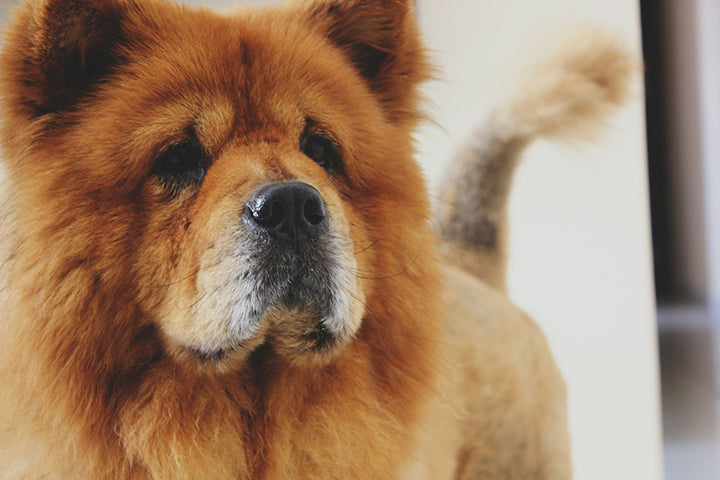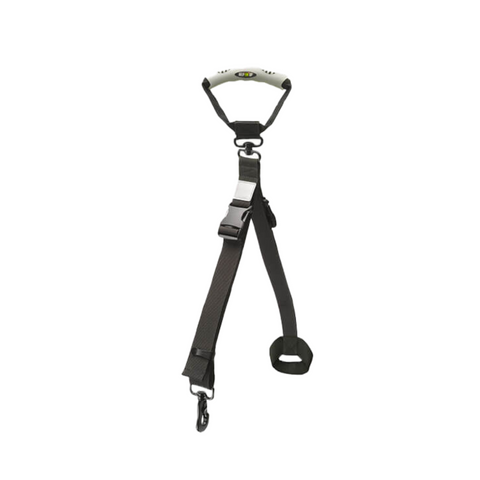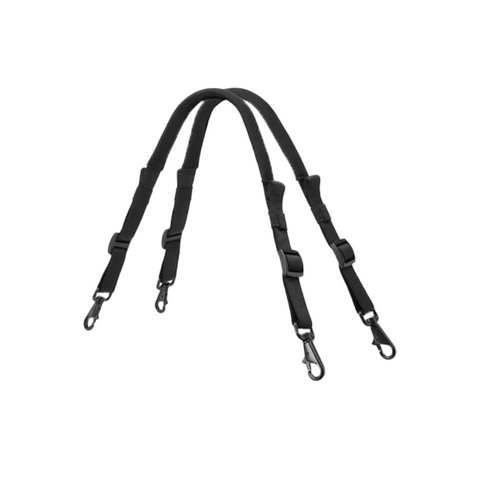Because there is no Fountain of Youth, your dog ages just like we do. We get older, heavier, slower, and often crankier. These changes happen to your dog as well.

Without a doubt, dogs age faster than people. Although conventional wisdom tells us that one human year equals seven dog years, there are too many factors and variations that can affect this oversimplification. However, researchers agree that the term “senior” applies to large dogs around ages six or seven and small dogs in their teens. Size and breed often determine how fast a dog ages.
Senior dogs often have special care requirements that are different than puppies or younger dogs. It’s important to understand the difference between normal aging in your dog and warning signs of an illness. Knowing what to expect will keep you one step ahead of your pack:
-
Eliminate any sources of illness. As dogs get older, they are prone to arthritis, hip dysplasia, hypothyroidism, and an assortment of other degenerative illnesses. Additionally, because their immune system becomes weaker, they can be more susceptible to ticks, worms, and other parasites. A trip to the vet is recommended if your dog displays any of the following symptoms:
- Trouble urinating
- Lethargy
- Cloudy pupils (could be cataracts)
- Loss of bladder control
- Sudden loss or weight gain
- Wound that won’t heal
- Bad breath (not normal bad breath but periodontal disease)
- Alzheimer’s. Unfortunately, dogs can get Alzheimer’s as well. It is characterized by disorientation, increased daily sleeping, decreased night sleeping, tremors, pacing and poor potty training.
- Graying around the face and muzzle. Although some dogs go prematurely gray, most dogs start to gray in their middle years.
- Reduced hearing. Like humans, many dogs become hard of hearing as they age and may even go deaf. If this is the case you will have to help your dog navigate around hazards as he may not hear or see cars or other moving objects. Dogs do learn and adapt well using hand signals to come, stay, sit, and so on. It is a good idea to “cross train” your dog early in life to recognize basic hand signals.
- Dental problems. Your senior dog may have more problems chewing kibble due to dental issues or develop more issues with digestion. Many dog foods for seniors have special ingredients and supplements that help alleviate the symptoms of aging.
- Less energy. Inevitably, your dog will slow down. However, exercise is more important than ever to keep him mobile and prevent weight gain. He may not be as playful or as eager to fetch the ball and may have more problems with weather extremes (more susceptible to both hot and cold).
- Lifting up. Your dog may have trouble climbing stairs, getting up from a prone position, jumping on top your bed, or getting into the car. To save both your back and your dogs, you may want to invest in a dog harness that can help with his/her mobility.
Dogs age at different speeds but there is one thing you can count on: your dog will love you just as much when he is a senior dog as when he was a puppy!



